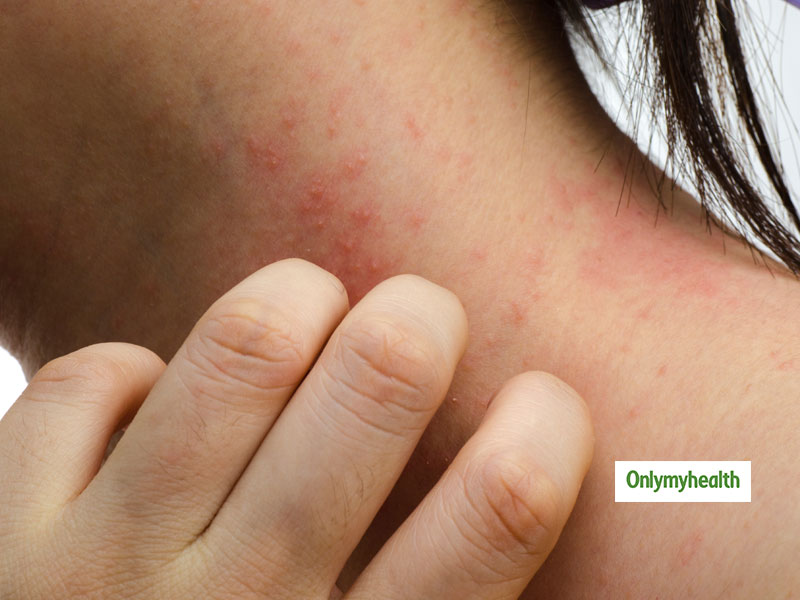
Skin asthma is an inflammatory skin disorder which causes blisters. It results in scaly skin, itchy rashes and patches on the skin. The first sign of skin asthma is itchiness on the skin. While itching is very normal, excessive itching indicates poor skin health. May be it is signalling you towards the upcoming skin disorder which is very difficult to get permanently treated. While proper treatment of this skin problem is still not known, one can prevent its worsening by trying out some easy and effective tips. Although, one should consult a dermatologist before trying out anything new.
Table of Content:-
Moisturise
Moisturising your skin regularly is the most important treatment for skin asthma. An infected person should use natural and organic moisturiser as it does not contain chemicals and fragrances that may cause irritation or itching. It would help your skin to heal over time.

Aqueous Cream
Apply aqueous cream in affected areas as it helps keep the skin moisturised. This cream puts a layer of oil on the skin’s surface and does not let the water evaporate from the skin. Recommended for all dry skin problems, it is an emulsifying cream that makes the skin smoother and softer.
Anti-itch Lotions
To soothe dry scaly patches, use mild anti-itch lotions such as Caladryl or Calamine or topical corticosteroids (hydrocortisone). Thickened skin can be treated with ointments or creams that contain tar compounds (such as Psoriasin), corticosteroids and ingredients that lubricate the skin.

Topical Immunomodulators (TCIs)
To reduce skin inflammation, use steroid-free Topical immunomodulators (TCIs). The most commonly prescribed TCIs are tacrolimus (Protopic) and pimecrolimus (Elidel). The TCIs are used when the skin therapies show no effects.
Dead Cell Repair
Use soaps, bath gels and creams that are rich in moisturising contents such as olive oil, cocoa butter and virgin coconut oil. Rich in lauric gel, virgin coconut oil is effective in soothing dry skin. This gel repairs dead cells and enhances their regeneration.
Also read: Toxic Chemicals In Beauty Products Lead To Silent Skin Damage
Homoeopathy
Homoeopathic remedies to reduce skin asthma:
- Calendula - when applied to the affected area, this remedy soothes the skin but does not cure the skin condition.
- Sulphur - effective for redness, burning, itching and hot skin.
- Urtica urens - applied on large and red rashes that itch and burn intensely.
- Rhus toxicodendron - used as a remedy for inflamed skin resulting from direct contact with an irritating substance.
Phototherapy and Photochemotherapy
Phototherapy and Photochemotherapy also help to mild skin asthma. Consult a skin specialist to know more about these processes.

Herbs
Use herbs such as dried extracts (capsules, powders, and teas), glycerine extracts or tinctures (alcohol extracts). You should prepare your tea with 1 tsp. herb per cup of hot water. Steep covered 5 - 10 minutes for leaf or flowers and 10 - 20 minutes for roots. Drink 2 - 4 cups per day. You can also consume oolong tea to reduce itching. Ask your doctor before consuming herbs.
Also Read: Try lemon for skin
Healthy Eating
Eating a healthy diet may help reduce inflammation and allergic reactions. Add more fresh vegetables, whole grains and essential fatty acids (cold-water fish, nuts, and seeds) in your diet. Eat dark berries as they contain an antioxidant called Flavonoids. Flavonoids have anti-inflammatory properties, which may help reduce allergic reactions.
Read more articles on Skin Care.
How we keep this article up to date:
We work with experts and keep a close eye on the latest in health and wellness. Whenever there is a new research or helpful information, we update our articles with accurate and useful advice.
Current Version
